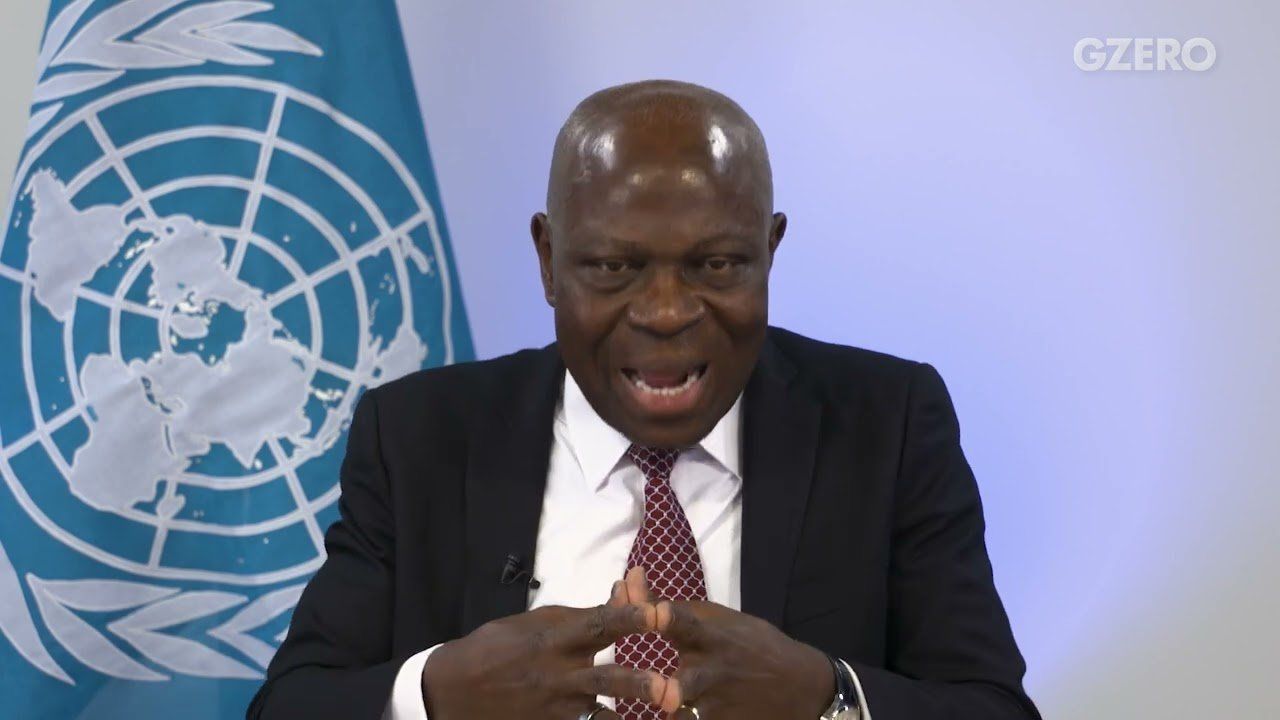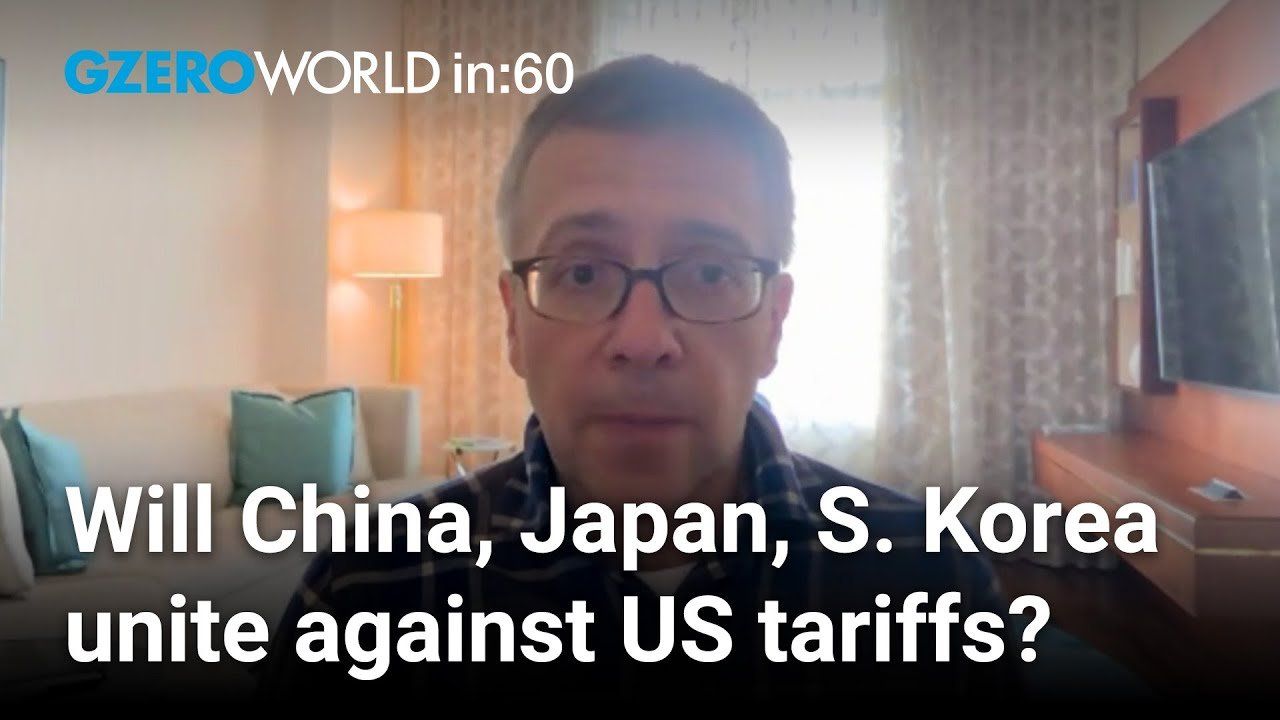
How do you measure the global water crisis? When it comes to climate change, many people are familiar with the 1.5°C metric from the Paris Climate Accords, but is there an equivalent for water? In a discussion with Ian Bremmer on GZERO World, UN-Water Chair Gilbert Houngbo delves into the complexity of measuring the global water challenge and evaluating solutions for the future.
UN-Water is a consortium of dozens of UN agencies working together to address the water crisis and figure out the best way to meaure progress. Houngbo notes that metrics like access to drinkable water, sanitation, and water reuse are a good start. But the worst water scarcity problems are in rural areas, where the data quality is challenging.
Developing strong metrics, Houngbo says, will help us better understand the “nexus between water and climate change," because water is so closely linked to the health of our planet. For example, some of the world's rivers are losing 10-20% of their reserves each year, and precisely tracking that loss with tools like artificial intelligence will help us better address the problem.
But it's not all bad news. Houngbo is positive our society can meet the global water challenge. In the medium to long term, he says, our habits and way of life will adjust, and “the Internet of Things” will help change our consumption patterns.
Watch the GZERO World episode: The uncomfortable truth about water scarcity
- Will the world come to grips with its water crisis in 2023? ›
- The Graphic Truth: Has clean water access improved? ›
- Water will become very political in 2023, says Eurasia Group analyst ›
- Hard Numbers: Meet Bard, grim new climate report, Colombia’s Toro ban, Uganda’s anti-LGBTQ law, IMF approves Sri Lankan relief ›
